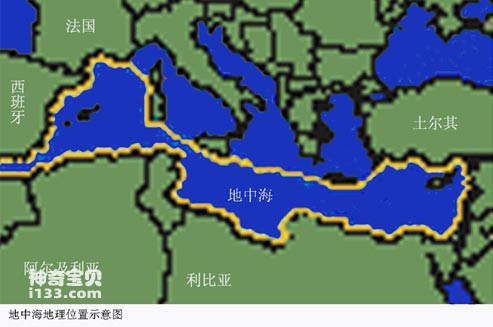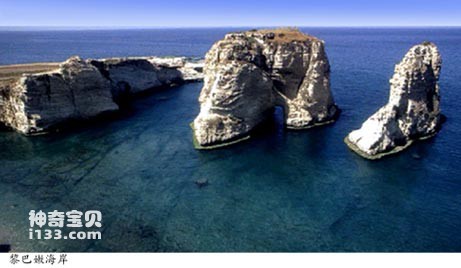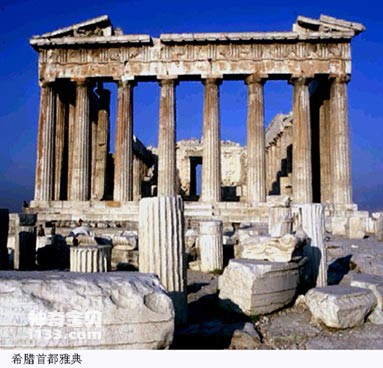Let us open the world map and we can see that there is a sea between Europe, Asia and Africa, which is the Mediterranean Sea. It is the largest intercontinental sea in the world. It is about 4,000 kilometers long from east to west, 1,800 kilometers wide from north to south, and covers an area of more than 2.5 million square kilometers. To the west of the Mediterranean Sea is the 21-kilometer-wide Strait of Gibraltar, which leads to the Atlantic Ocean; to the east is the Indian Ocean through the Suez Canal; and to the northeast is the Black Sea through the Dardanelles Strait and the Bosporus Strait. The Mediterranean seas include the Ionian Sea, the Adriatic Sea, the Aegean Sea, etc. The Italian Peninsula, Sicily, Tunisia and the underwater ridge between them divide the Mediterranean into east and west halves. Countries along the Mediterranean include: Algeria, Tunisia, Libya, Egypt, Israel, Lebanon, Syria, Turkey, Greece, Albania, Yugoslavia, Croatia, Italy, Spain, France, Portugal and Morocco.

Schematic map of the geographical location of the Mediterranean Sea

Lebanese coast
The Mediterranean climate is unique, with hot and dry summers and little rain, and warm and humid winters. This climate causes surrounding rivers to swell with rain in winter and dry up in summer. There are very few places in the world with this type of climate, accounting for less than 2% in total, according to statistics. Due to the special climate here, German meteorologist Köppen classified it as a category called Mediterranean climate when he classified the global climate.
Although there are many rivers flowing into the Mediterranean, such as the Nile, Rhone, Ebro, etc., because it is located in the subtropics, evaporation is too large, far exceeding the supply of river water and rain, making the water in the Mediterranean less profitable than The expense is high and the water is much saltier than the Atlantic Ocean. The water from the Atlantic Ocean flows into the Mediterranean Sea from the upper layer of the Strait of Gibraltar, and the high salt water from the Mediterranean Sea flows into the Atlantic Ocean from the lower layer of the Strait. The Atlantic Ocean is large and has sufficient water. The net flow of water into the Mediterranean Sea is a lot, as much as 7,000 cubic meters per second. Without the steady supply of water from the Atlantic Ocean, in about 1,000 years the Mediterranean Sea would dry up and turn into a giant salty depression.

Greek traditional dance
Now, the Mediterranean Sea is an affiliated sea of the Atlantic Ocean. However, in geological history, it is older than the Atlantic Ocean's "qualification". About 65 million years ago, the ancient Mediterranean was a vast Tethys Sea. It was vast, stretching eastward through the Himalayas to the ancient Pacific Ocean. At that time, it was second only to the Pacific Ocean, and the Atlantic Ocean had not yet formed! Later, the Eurasian Plate in the north and the Indian Plate in the south drifted closer and collided, extruding a Himalaya, and the Tethys Sea has since retreated into The Mediterranean now.

Athens, the capital of Greece
The Mediterranean coast is one of the birthplaces of maritime civilization. The Phoenicians, Cretans, Greeks, and later the Portuguese and Spanish were all nations with a highly developed maritime industry, and many great navigators were born here. Columbus who discovered America, Vasco da Gama who opened the Atlantic and Indian Ocean routes, and Magellan who sailed around the world for the first time are all outstanding representatives. At the same time, the famous European Renaissance movement was first launched here. Copernicus, the founder of the heliocentric theory, and the great physicist Galileo were also born here. The people here have made important contributions to the progress of modern human scientific civilization.
animal tags:
We created this article in conjunction with AI technology, then made sure it was fact-checked and edited by a Animals Top editor.